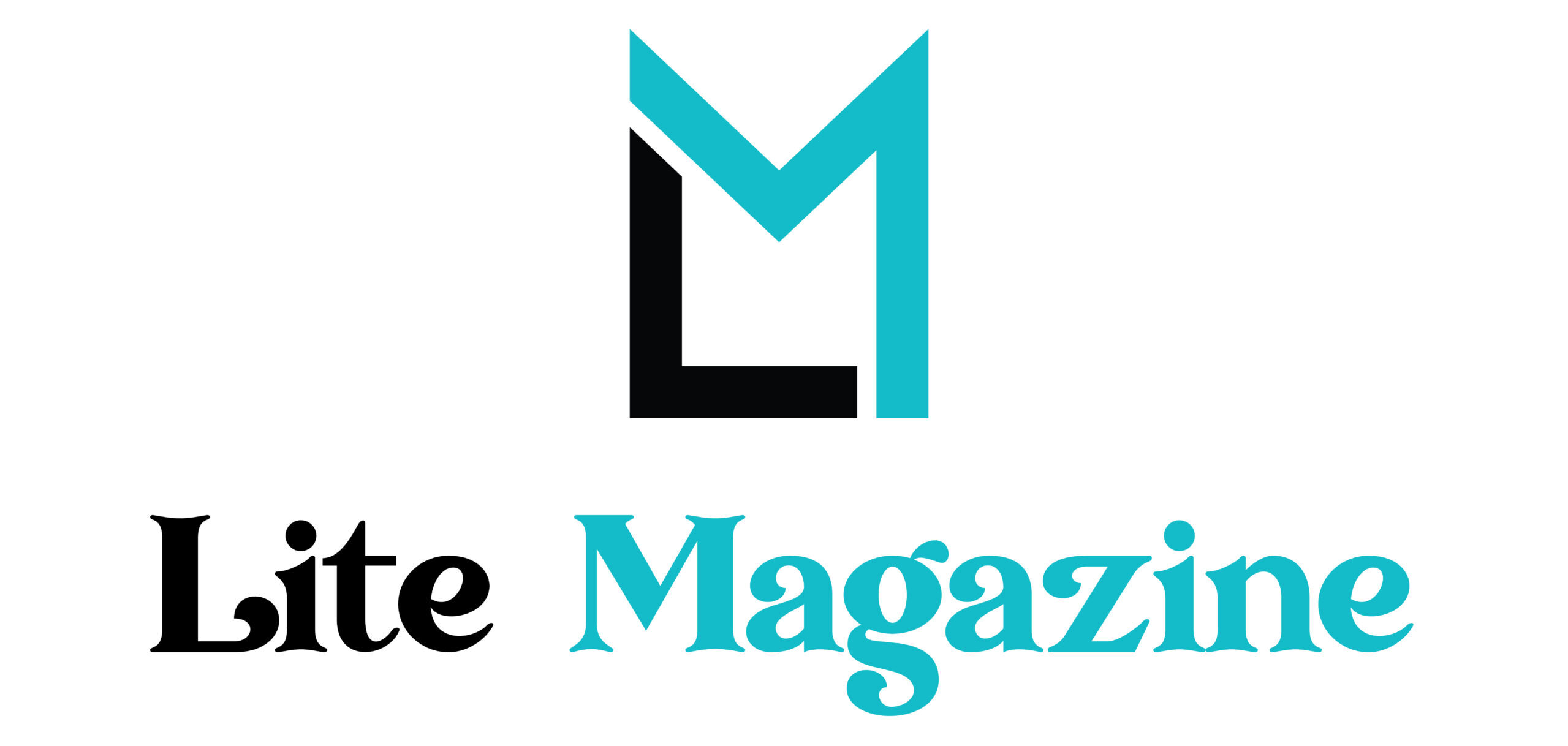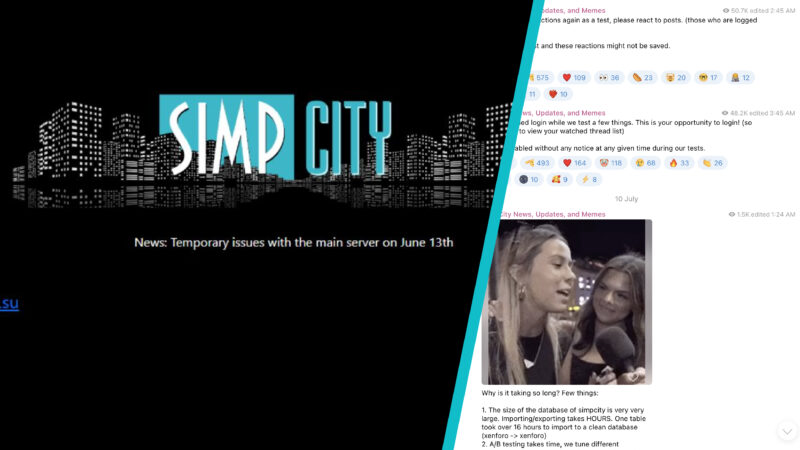Why Texture Disappears During Dual Enhancement
The texture loss problem stems from working on your image in the wrong order or with incompatible intensity levels. Face slimming already manipulates pixel data across your entire facial surface. When you aggressively smooth skin afterward, you’re essentially blurring an already-altered area, which compounds the artificial appearance.
Many people panic when they see minor blemishes become more visible after slimming and immediately blast their skin with maximum smoothing. That’s exactly how you end up with that dreaded airbrushed look. Services like retouchme.com/service/face-slimming understand this delicate balance – professional designers know that slimming and skin work must complement each other, not compete.
The Right Approach for Combined Enhancement
Getting both enhancements right requires understanding how they interact:
| Enhancement Aspect | Wrong Approach | Right Approach |
| Sequence | Smoothing skin first, then slimming face | Structural slimming first, then targeted skin correction |
| Intensity | Maximum settings on both services | Moderate slimming with selective skin work |
| Coverage | Blanket smoothing across entire face | Preserving texture in clear areas, correcting only problem zones |
| Blemish Handling | Aggressive blur over every imperfection | Strategic spot correction that maintains surrounding texture |
| Texture Zones | Uniform treatment everywhere | Different approaches for forehead, cheeks, chin based on needs |
Professional services like Retouchme handle this intelligently. Their designers evaluate your specific needs and apply corrections strategically rather than following a generic template that treats every face identically.
Read More: Stanley Stocker-Edwards: Interesting Facts About Michelle Obama’s College Boyfriend

Maintaining Authenticity While Maximizing Enhancement
The secret to natural-looking combined enhancement lies in selective application. Not every square inch of your face needs smoothing, and your slimming doesn’t require extreme intensity to be effective. Subtle adjustments across both services create results that look intentional rather than accidental.
Think about how real faces actually appear. Even people with excellent skin have visible pores, slight texture variation, and natural shifts in tone. When you slim your face, those characteristics should remain proportional to your new facial dimensions. Your pores shouldn’t suddenly disappear just because your cheeks got narrower.
Smart enhancement preserves what makes you look human. Light hits real skin and creates tiny shadows and highlights that give your face dimension. Overzealous smoothing flattens everything into a uniform surface that doesn’t interact with light properly. Your brain recognizes this immediately, even if you can’t articulate exactly what’s wrong.










